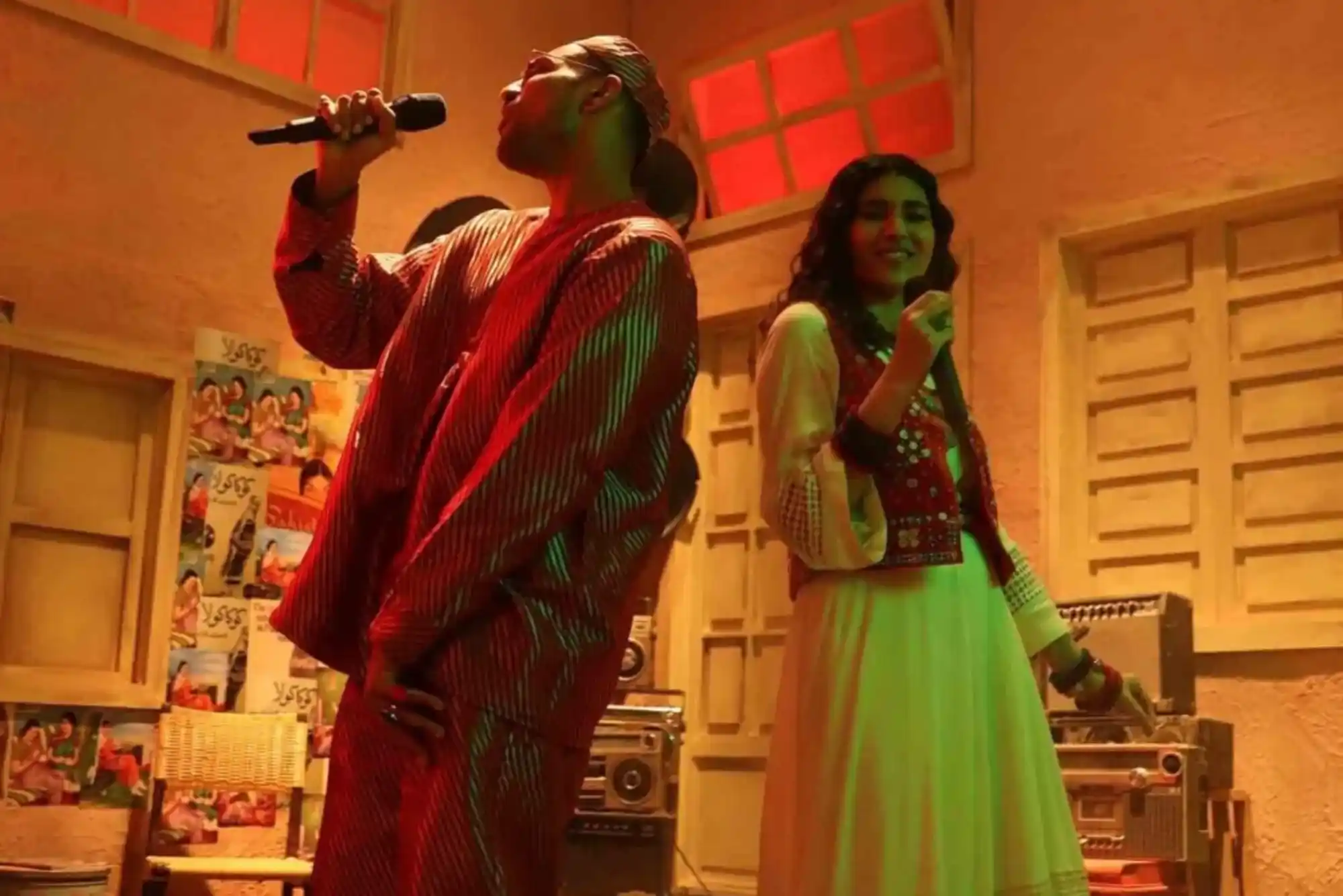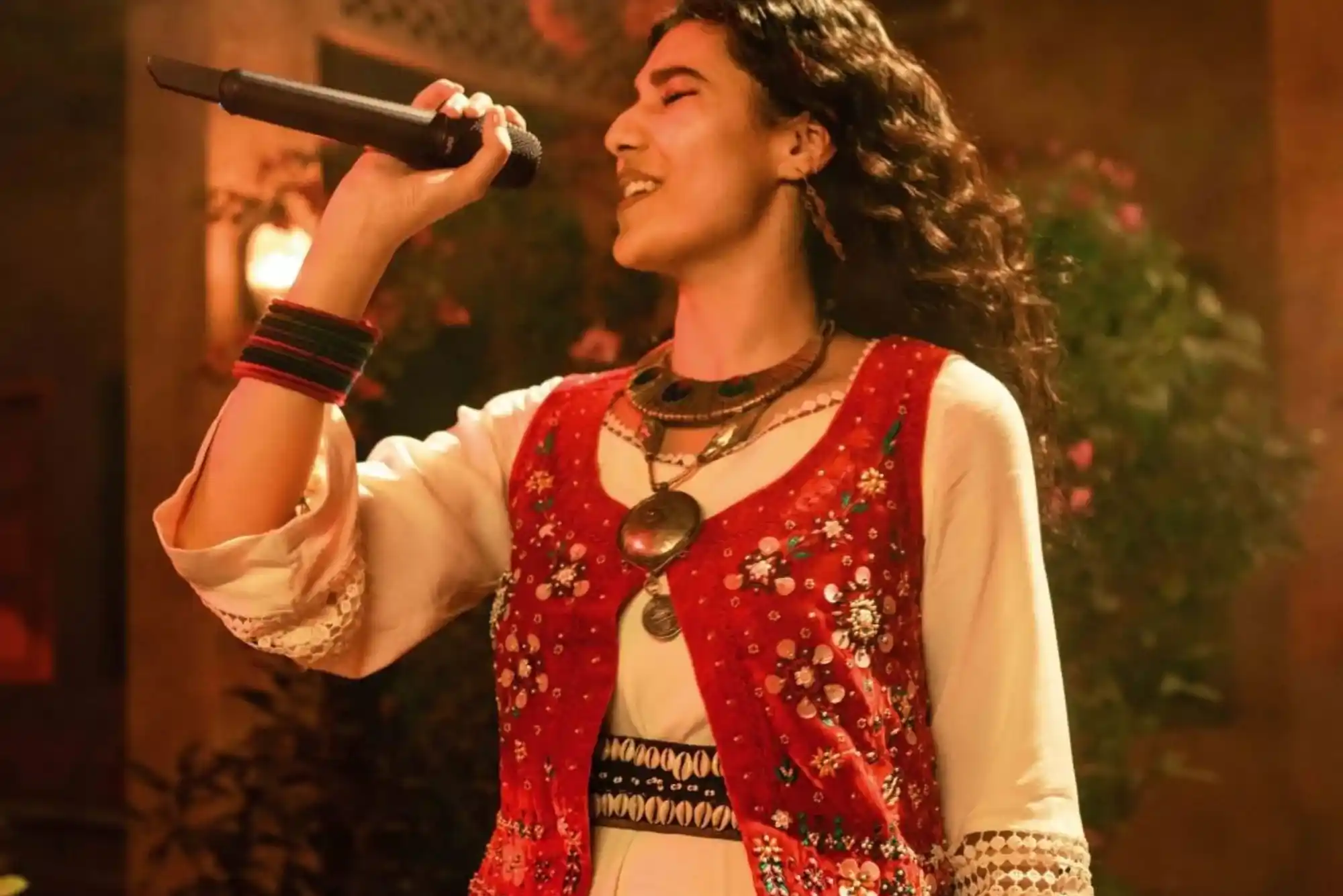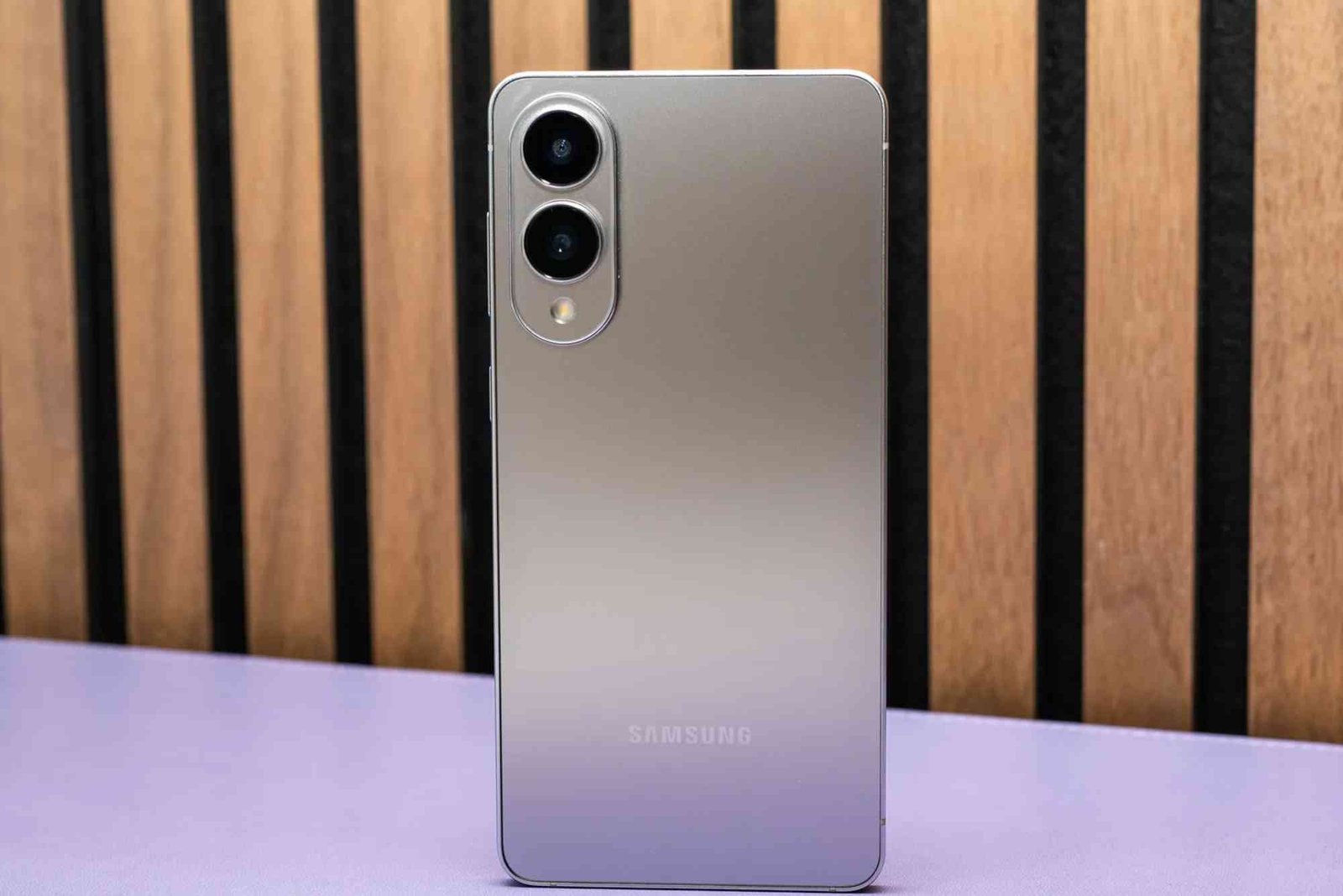Pasoori has taken the music world by storm with its captivating melody, unique fusion of genres, and soulful lyrics. Its infectious beats have resonated with audiences across the globe, prompting many to ask, “Is Pasoori a Pakistani Song?”
The song has transcended borders, earning popularity not just in Pakistan but also in India, the Middle East, and beyond. However, the origins of the song remain a subject of curiosity. Let’s delve into the history and cultural significance of Pasoori, tracing its roots to see how it stands as a remarkable representation of Pakistani music.
The Origin of Pasoori
Pasoori was released as part of the 14th season of Coke Studio Pakistan, a renowned music platform known for bringing together diverse artists and creating magical collaborations. The song is a result of the creative partnership between Ali Sethi, a celebrated Pakistani singer and songwriter, and Shae Gill, a rising star in the Pakistani music scene. Released in February 2022, Pasoori quickly gained momentum, becoming one of the most streamed songs in South Asia.
The question, “Is Pasoori a Pakistani Song?” is easily answered by looking at its creators. Both Ali Sethi and Shae Gill hail from Pakistan, and the song was produced under the Pakistani branch of the global Coke Studio franchise. The music, lyrics, and even the production house are all rooted in Pakistan, affirming that Pasoori is indeed a Pakistani song.
The Fusion of Music Genres
What makes Pasoori Song out is its exceptional blend of traditional and modern music styles. The song seamlessly fuses elements of classical South Asian music with contemporary pop and folk influences. This fusion reflects the evolving nature of Pakistani music, where artists are experimenting with new sounds while staying connected to their cultural heritage.
In Pasoori, one can hear the influence of raag, a traditional melodic framework in classical South Asian music, intertwined with upbeat, modern rhythms. The tabla and dholak, traditional percussion instruments, provide a grounding in folk music, while the overall arrangement incorporates elements of electronic and pop music. The result is a mesmerizing track that appeals to a wide audience.
Given this intricate mix of genres, the answer to “Is Pasoori a Pakistani Song?” becomes more complex. While the song is undoubtedly Pakistani in its origin, its soundscape reflects a global musical consciousness. It is this diversity of influences that has contributed to the song’s immense popularity, both within and beyond Pakistan.
The Lyrical Depth of Pasoori

The lyrics of Pasoori further establish its cultural and emotional significance. Co-written by Ali Sethi and Fazal Abbas, the song touches on themes of love, longing, and separation. These are universal emotions, but the way they are expressed in Pasoori is deeply rooted in South Asian poetic traditions.
The word “Pasoori” itself refers to a feeling of entanglement or dilemma, often in the context of love or emotional conflict. In the song, the lyrics convey the pain of forbidden love, the constraints of societal expectations, and the yearning for freedom. This theme resonates with listeners who may have experienced similar struggles, making the song emotionally impactful.
The language of the song is primarily Punjabi, a language spoken widely in both Pakistan and India. This linguistic connection has further fueled the debate on “Is Pasoori a Pakistani Song?” However, while Punjabi is spoken across borders, the cultural nuances and expressions in the song are distinctly Pakistani, drawing from the rich heritage of Punjabi poetry and folk traditions in Pakistan.
The Visual Aesthetic of Pasoori
The music video for Pasoori is an artistic masterpiece, adding another layer to the song’s cultural identity. Directed by Kamal Khan, the video features a vibrant mix of traditional and contemporary visual elements. The set design includes colorful, ornate backgrounds reminiscent of Pakistani truck art, a form of folk art unique to Pakistan.
The video also showcases a diverse group of dancers, musicians, and artists, representing the inclusivity and diversity of Pakistani culture. The costumes, choreography, and overall aesthetic are deeply rooted in South Asian traditions, yet presented in a modern, globally appealing manner.
This visual presentation reinforces the idea that Pasoori is a celebration of Pakistani culture. The blending of old and new, traditional and contemporary, is a testament to Pakistan’s evolving artistic landscape. So, when we ask, “Is Pasoori a Pakistani Song?” the answer is undeniably yes, both in its musical and visual identity.
Global Reception and Cultural Impact
Pasoori has not only captivated audiences in Pakistan but has also gained immense popularity in India, the Middle East, and other parts of the world. The song’s infectious melody and universal themes have helped it transcend linguistic and cultural barriers, making it a global sensation.
In India, for instance, Pasoori topped various music charts and became a viral hit on social media platforms like Instagram and TikTok. The song’s widespread appeal in India has led some to wonder if it is an Indian song, further fueling the debate on “Is Pasoori a Pakistani Song?” However, as previously established, the song’s origins, creators, and cultural influences are unmistakably Pakistani.
In addition to its success in South Asia, Pasoori has been featured in international playlists and has been praised by music critics worldwide. Its ability to resonate with a global audience speaks to the universal power of music and the way it can bridge cultural divides.
Pasoori as a Representation of Modern Pakistani Music

In conclusion, the question “Is Pasoori a Pakistani Song?” can be definitively answered in the affirmative. The song is a product of Pakistan’s vibrant music scene, created by Pakistani artists, and deeply rooted in the country’s cultural and musical traditions. However, what makes Pasoori truly remarkable is its ability to transcend borders and resonate with people from different cultural backgrounds.




